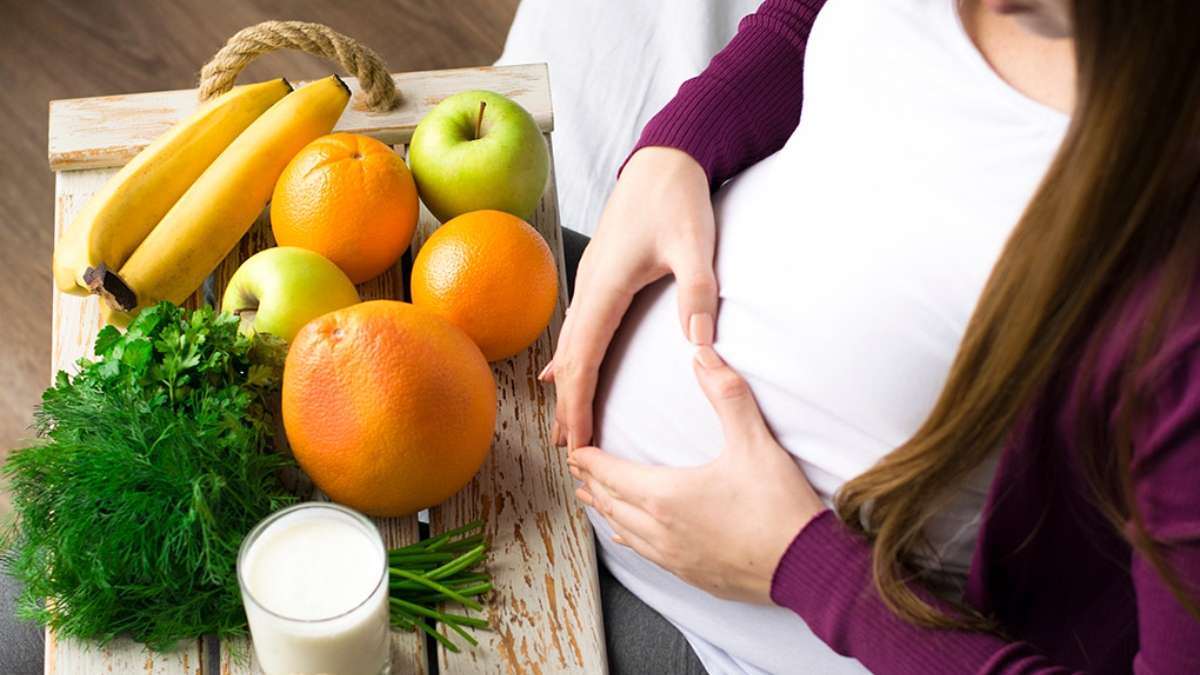Pregnancy is a unique and exciting journey, marked by significant physical and emotional changes. During this time, the body’s nutritional needs increase to support both the mother and the developing baby. While a balanced diet is crucial, vitamin supplements can play a vital role in ensuring that pregnant women receive the necessary nutrients for a healthy pregnancy. This guide explores the benefits of vitamin supplements for pregnant women, highlighting key vitamins, their importance, and how to incorporate them effectively.
Understanding the Nutritional Needs During Pregnancy
Increased Nutrient Requirements
Pregnancy increases the demand for various nutrients, including vitamins and minerals, to support fetal growth and maternal health. Essential nutrients such as folic acid, iron, calcium, and vitamins D, A, and C become even more critical during this period.
Common Nutrient Deficiencies
Even with a well-balanced diet, some women may still experience nutrient deficiencies due to increased needs and physiological changes. Common deficiencies include folate, iron, and vitamin D, which can lead to complications if not addressed.
Key Vitamins and Their Benefits for Pregnant Women
Folic Acid (Vitamin B9)
Folic acid is perhaps the most well-known vitamin for pregnant women. It plays a crucial role in preventing neural tube defects, such as spina bifida, in the developing fetus.
Benefits of Folic Acid:
- Supports neural tube development
- Reduces the risk of birth defects
- Promotes healthy cell growth and function
Iron
Iron is essential for the production of hemoglobin, the protein in red blood cells that carries oxygen to tissues. During pregnancy, the body requires more iron to support increased blood volume and the growing baby.
Benefits of Iron:
- Prevents anemia
- Supports fetal development
- Reduces the risk of preterm delivery
Calcium
Calcium is crucial for the development of the baby’s bones and teeth. It also helps maintain the mother’s bone density.
Benefits of Calcium:
- Supports fetal bone and teeth development
- Reduces the risk of hypertension and preeclampsia
- Maintains maternal bone health
Vitamin D
Vitamin D is important for calcium absorption and bone health. It also supports the immune system and may reduce the risk of complications such as preeclampsia.
Benefits of Vitamin D:
- Enhances calcium absorption
- Supports immune function
- Reduces the risk of pregnancy complications
Vitamin A
Vitamin A is vital for the development of the baby’s heart, lungs, kidneys, eyes, and bones. It also supports the mother’s immune system and helps with postpartum tissue repair.
Benefits of Vitamin A:
- Supports fetal organ development
- Enhances maternal immune function
- Aids in postpartum recovery
Vitamin C
Vitamin C is an antioxidant that supports the immune system and helps with the absorption of iron from plant-based foods. It also promotes healthy skin and tissue repair.
Benefits of Vitamin C:
- Enhances iron absorption
- Supports immune function
- Promotes healthy skin and tissue repair
Incorporating Vitamin Supplements into a Pregnancy Diet
Consultation with Healthcare Providers
Before starting any vitamin supplements, pregnant women should consult their healthcare providers to determine their specific needs and avoid potential overdoses.
Choosing the Right Supplements
Selecting high-quality prenatal vitamins that contain the essential nutrients can ensure that pregnant women meet their increased nutritional needs. Look for supplements that include folic acid, iron, calcium, vitamin D, and vitamin A.
Balancing Diet and Supplements
While supplements can help fill nutritional gaps, they should not replace a healthy diet. Pregnant women should aim for a balanced diet rich in fruits, vegetables, whole grains, lean proteins, and dairy products.
Potential Risks and Considerations
Overconsumption of Vitamins
Taking excessive amounts of certain vitamins, such as vitamin A, can be harmful. It’s important to follow the recommended dosages and seek professional guidance.
Allergic Reactions and Side Effects
Some women may experience allergic reactions or side effects from certain supplements. Monitoring for any adverse reactions and communicating with healthcare providers is crucial.
Interactions with Medications
Vitamin supplements can interact with medications. Pregnant women should inform their healthcare providers about any supplements they are taking to avoid potential interactions.
FAQs
Why are vitamin supplements important during pregnancy?
Vitamin supplements help ensure that pregnant women receive adequate nutrients to support fetal development and maternal health, especially when dietary intake may not meet the increased nutritional needs.
When should I start taking prenatal vitamins?
It’s recommended to start taking prenatal vitamins before conception and continue throughout pregnancy and breastfeeding to ensure optimal nutrient levels.
Can I get all the necessary vitamins from food alone?
While a balanced diet is essential, it can be challenging to meet all increased nutrient needs through food alone, making supplements a helpful addition.
What should I look for in a prenatal vitamin?
Look for prenatal vitamins that contain essential nutrients such as folic acid, iron, calcium, vitamin D, and vitamin A. It’s also important to choose high-quality, reputable brands.
Can too much vitamin A be harmful during pregnancy?
Yes, excessive vitamin A intake can lead to birth defects and other complications. It’s important to follow the recommended dosage and consult with healthcare providers.
Are there any side effects of taking vitamin supplements during pregnancy?
Some women may experience mild side effects such as nausea or constipation. If severe side effects occur, it’s important to consult with a healthcare provider.
Can I continue taking regular multivitamins during pregnancy?
Regular multivitamins may not contain adequate levels of certain nutrients needed during pregnancy. Prenatal vitamins are specifically formulated to meet the needs of pregnant women.
How can I ensure I’m not taking too much of any vitamin?
Follow the recommended dosages provided by healthcare providers and choose prenatal vitamins that meet but do not exceed daily requirements for pregnant women.
Can vitamin supplements interact with my medications?
Yes, vitamin supplements can interact with certain medications. It’s important to inform healthcare providers about all supplements and medications being taken.
Is it safe to take herbal supplements during pregnancy?
Herbal supplements are not regulated as strictly as vitamins and may not be safe during pregnancy. Consult with healthcare providers before taking any herbal supplements.
Conclusion
Vitamin supplements play a crucial role in supporting the health of pregnant women and their developing babies. By understanding the benefits of key vitamins and incorporating them appropriately, pregnant women can help ensure a healthy pregnancy. Always consult with healthcare providers to tailor vitamin supplementation to individual needs and ensure the best outcomes for both mother and baby.
- What Not To Do Before Lip Filler - May 31, 2025
- Understanding Breadcrumbing And Its Impact On Modern Relationships - May 31, 2025
- Neck Line Filler Treatment Near Shalford, Surrey - May 30, 2025

